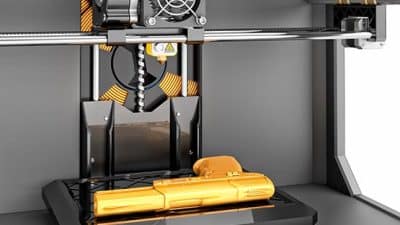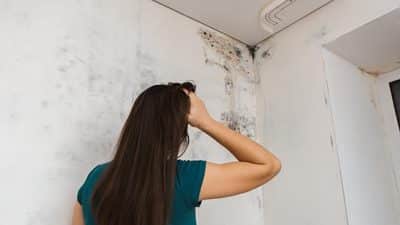
An important thing to consider is that all hearing aids – irrespective of how expensive they were or how well they were made – will sometimes start to work less effectively, or fail. They operate, after all, in an atmosphere (your ear canals) that is hostile to them because it contains cerumen (ear wax) and moisture. Ear wax is generated naturally, and we need it because it guards the lining of our ear canals, but it can “gum up the works” of hearing aids; likewise, lingering water is normal after swimming or bathing, but it too can damage hearing aids. Add to these 2 issues breakage (from accidentally dropping the aids and natural wear and tear (as inner tubing or parts wear out), and you can be fairly certain that eventually your hearing aid will require either replacement or repair.
One of the factors that should most affect your decision to “replace or repair” is whether you like your current hearing aids. If you do (as a lot of users of older analog hearing aids do), it may be better for you to have them repaired rather than change to newer digital hearing aids with a different set of sound characteristics.
One more consideration, of course, is price – brand new hearing aids might cost thousands, but repairing your existing hearing aids might cost only a couple of hundred dollars. The part we can’t answer in this article is the impact of insurance. Some insurance policies include replacements, but not repairs or have varying policies on full or partial coverage.
If you choose to have your hearing aids repaired, another topic that arises is, “Should I take them to the location I bought them from, or send them to one of the many repair labs who advertise on the Internet?” Although you could decide to work with a remote repair laboratory directly, your local hearing specialist is a marvelous resource. First off all, they can determine if repairs are in fact necessary. Second, they might be able to get the repairs completed on site reducing the amount of time you do not have your hearing aid. For hearing aid repairs that cannot be accomplished locally, your hearing specialist will handle the shipping, paperwork and laboratory instructions for you. Because they deal in volume with manufacturers, their pricing may be the exact same or better than you can get yourself.
More choices are available to those who elect to replace their existing hearing aids. It is advisable to be open-minded about new designs and technology understanding that anything different takes getting accustomed to. More modern hearing aids are smaller and provide enhanced program ability to achieve the sound quality you want. Ultimately, the “repair or replace” question can’t be answered by anyone besides you.
More online at www.VirginiaHearingAids.com.










